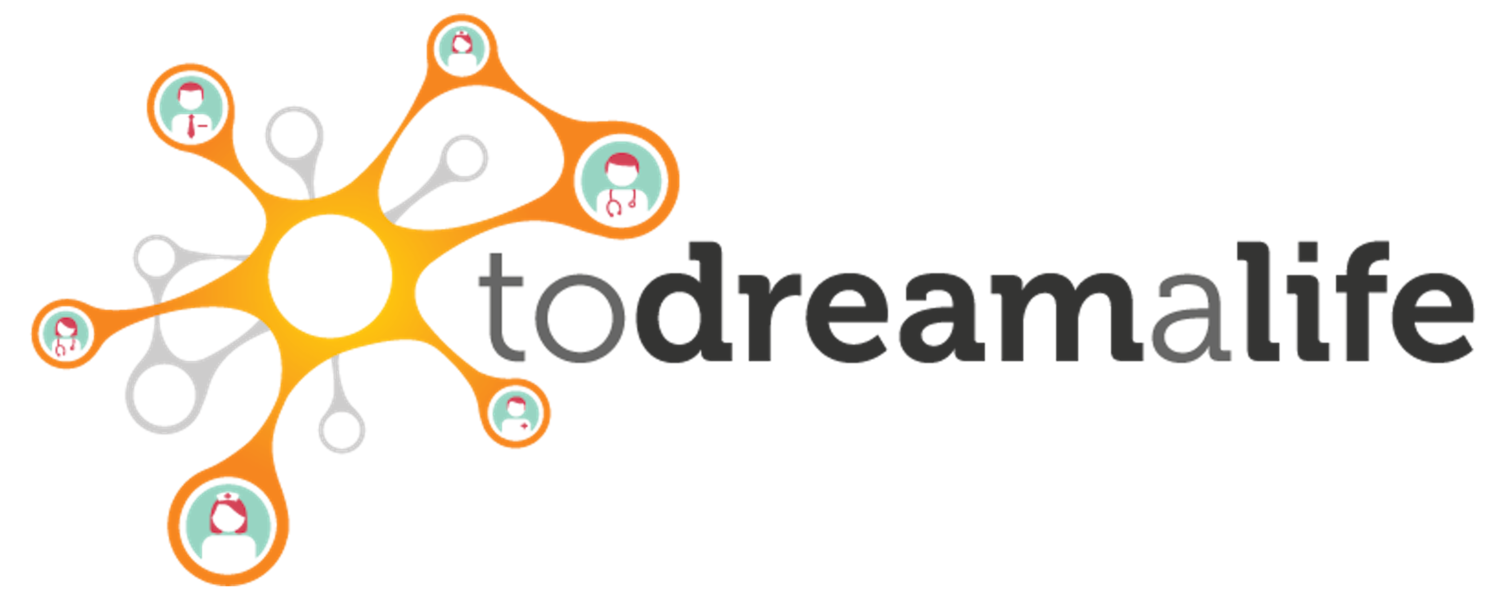The Future of Work
I like solving problems.
Futurists say that 80% of the jobs that will exist in 2030 haven't been invented yet and I like to think that my friends and I have slowly-but-steadily been defining them.
Photo by Josh Roberie on Unsplash
I still think Linkletter had it right in his essay Man-Computer Symbiosis, "The hope is that, in not too many years, human brains and computing will be coupled together very tightly, and the resulting partnership will think as no human brain has ever thought."
Lately I've been focused on the things humans can do that computers can't — and perhaps shouldn't. Artificial intelligence is capable of automating complex stepwise solutions, but thus far, it can't solve novel problems, or posit creative hypothesis. So this is where I devote most of my time.
We live in interesting times. We have the opportunity to choose to be one of the humans defining this interface, the one between man and computer. This interface will determine whether our species tries, unsuccessfully, to be a machine, or uses machines to spend more time being human.
When I advanced enough in my career to have a working knowledge of high-tech, metaresearch, preventative medicine, and a few critical sectors (defense, energy, medicine, space) I started to be of use in truly interdisciplinary projects. Not only that, I found a work-expat community of individuals also traveling between disciplines, and weaving the knowledge of the world together.
I’m the most use when I can bring a deep-dive to a problem, for me that’s preventive medicine, high-tech, or metaresearch. But sometimes we can use our cognitive work skills to solve truly novel interdisciplinary problems.
For instance I’ve learned that MD’s are trained to talk in citations. When I give medical assessments, or my medical opinions I automatically state my sources and the evidence I know about. I also tend to grade the probability of what I’m saying being accurate. I say things like “well the evidence shows that XXX” or “I’m not super confident about this but I’ve seen a few case studies that…” . When I was solving logistical COVID problems with Hollywood producers, or making high-tech business decisions it became apparent that this training was really particular to MDs and added value to the table.
Lots of people have habitual industry cognitive and communication patterns that are super valuable outside of their industry. The more we work together the more we find out that we need an engineer-brain to analyze a breakdown, a social scientist to tell us how to phrase sensitive information, a mathematician to model a pattern, a writer to make our novel insights more accessible. You know something you don’t know you know.
Come work with us to find out what it is.
#futurism #todreamalife #workparadigms

